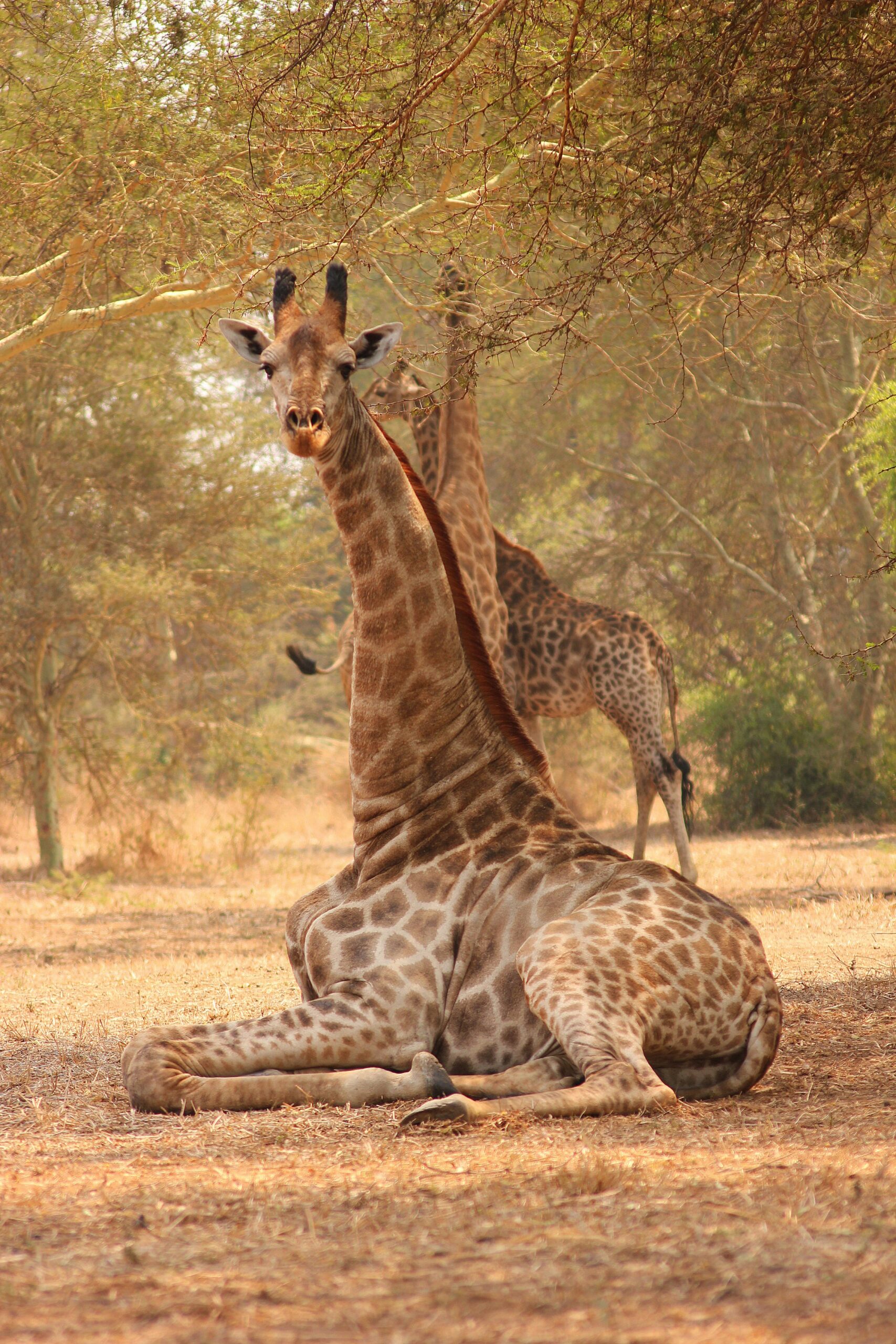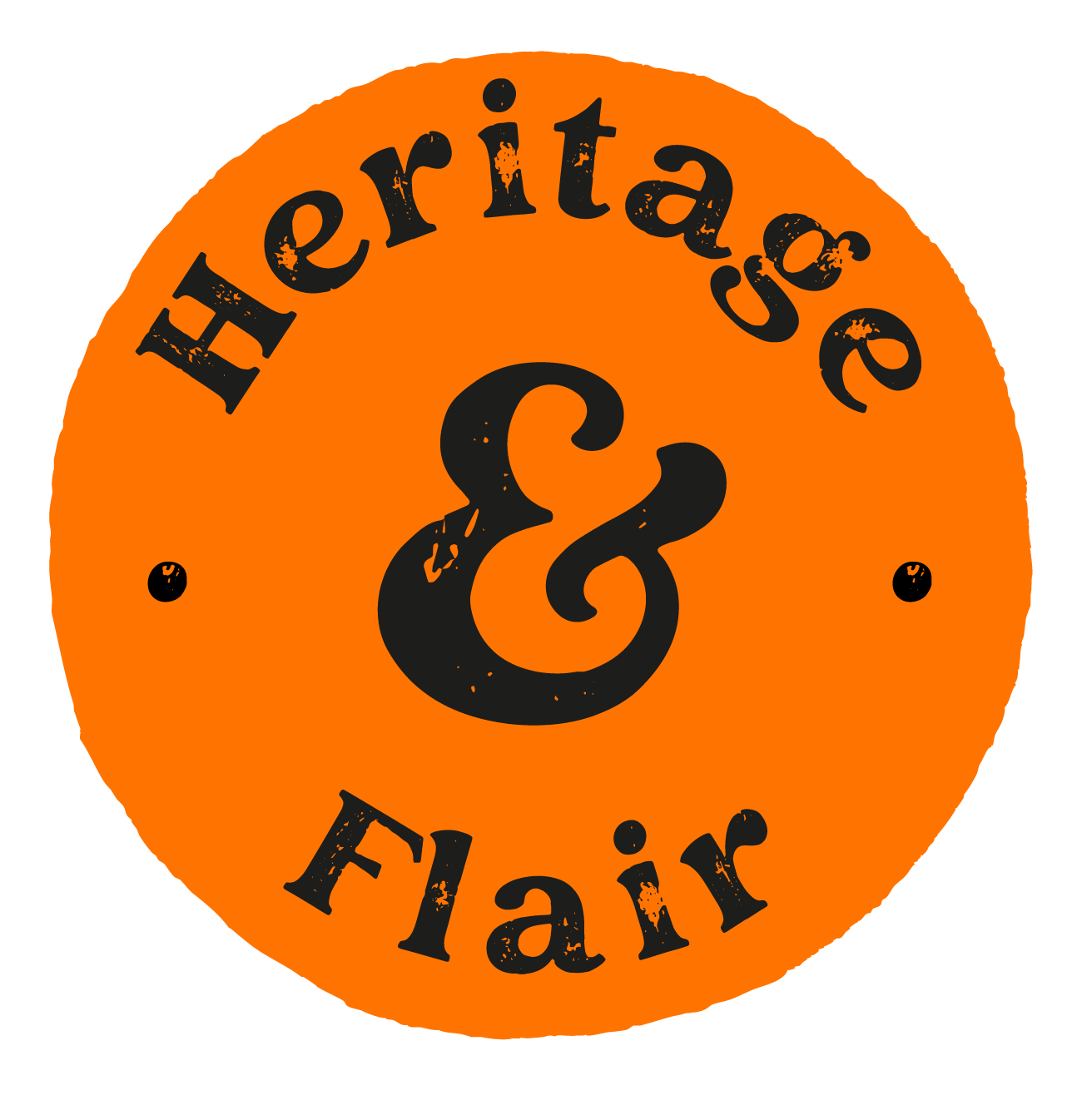
Photo by Craig Manners
Malawi
Malawi is a landlocked country located in southeastern Africa. It is bordered by Tanzania to the northeast, Mozambique to the east, south, and southwest, Zambia to the west, and Lake Malawi to the east. The lake, also known as Lake Nyasa, is the third-largest lake in Africa and covers a significant portion of Malawi’s eastern border.
Lilongwe is the capital and largest city of Malawi. It is located in the central region of the country. English is the official language of Malawi, inherited from the colonial era. However, Chichewa, a Bantu language, is widely spoken and serves as the national language.
Malawi has a population of around 19 million people. The majority of the population is engaged in subsistence agriculture, and the country is predominantly rural. The country gained independence in 1964, and Dr. Hastings Banda became the country’s first president. Malawi has experienced both political and economic changes since its independence.
The country was initially a one-party state under President Hastings Banda until the advent of multi-party democracy in the early 1990s.
Malawi operates as a multi-party democracy with a president as both the head of state and head of government. The political system underwent significant changes in the early 1990s with the introduction of multiparty elections.
Malawi’s economy is predominantly agrarian, with the majority of the population engaged in small-scale farming. The country relies heavily on tobacco exports, but efforts are being made to diversify the economy and promote sustainable development.
Lake Malawi is a UNESCO World Heritage Site and is known for its biodiversity. The lake is home to a vast array of fish species, including the colorful cichlids. It also offers opportunities for water sports and is a popular destination for tourists.
The Mulanje Massif, located in the southern part of Malawi, is a granite mountain range known for its dramatic peaks and rock formations. Mount Mulanje, the highest peak, attracts hikers and climbers.
The Chewa people form the largest ethnic group in Malawi, and their cultural practices are prevalent in various aspects of daily life. The Gule Wamkulu, a secret society, plays a significant role in Chewa culture, with masked dances and rituals.
Malawi is often referred to as the “Warm Heart of Africa” due to the friendliness and hospitality of its people. Visitors often comment on the welcoming nature of the Malawian population.
Hidden Insights: Uncovering Malawi
1. Karonga Museum: The Karonga Museum, located in the northern part of Malawi, is an archaeological and paleontological museum. It houses artifacts and fossils that provide insights into the region’s prehistoric past, including the early hominids and dinosaur remains.
2. Kande Beach: Kande Beach, on the northern shores of Lake Malawi, is a popular backpacker destination known for its laid-back atmosphere, water activities, and vibrant nightlife. It offers a unique blend of relaxation and social interaction.
3. Nkhotakota Wildlife Reserve: Nkhotakota Wildlife Reserve, one of Malawi’s oldest and largest wildlife reserves, is undergoing significant conservation efforts to reintroduce species such as elephants. The reserve is an emerging destination for safari enthusiasts, providing opportunities to see wildlife in a natural setting.
4. Thyolo Green Tea Estates: Malawi has a burgeoning tea industry, and the Thyolo region is particularly known for its green tea estates. Visitors can explore the picturesque tea plantations, learn about the tea-making process, and enjoy panoramic views of the surrounding landscapes.

Photo by Abdul-Razaq Allie

Photo by Nestergrapher Nedie
Capital City: Lilongwe
Population: 21,279,597 (2023 est.)
Nationality: Malawian(s)
Location: Southern Africa, east of Zambia, west and north of Mozambique
Languages:
English (official), Chewa (dominant), Lambya, Lomwe, Ngoni, Nkhonde, Nyakyusa, Nyanja, Sena, Tonga, Tumbuka, Yao
note: Chewa and Nyanja are mutually intelligible dialects; Nkhonde and Nyakyusa are mutually intelligible dialects
Religion: Protestant 33.5% (includes Church of Central Africa Presbyterian 14.2%, Seventh Day Adventist/Baptist 9.4%, Pentecostal 7.6%, Anglican 2.3%), Roman Catholic 17.2%, other Christian 26.6%, Muslim 13.8%, traditionalist 1.1%, other 5.6%, none 2.1% (2018 est.)
Area Total: 118,484 sq km
Malawi Embassy in UK
Address: 36 John Street, London WC1N 2AT
Website: https://www.malawihighcommission.co.uk
Correcting The Map: The True Size Of Africa
The Mercator Projection downplays the size of Global South continents as it makes the Global North look larger
Heritage: What shapes us?
When heritage is mentioned, our minds often leap to the spectacular and the visible: the grandeur of world heritage sites, the majesty of traditional attire, the vibrant swirl of dances and festivals, or the melodies of mother tongues. These are the showpieces of...
HER-itage: Africa’s Phenomenal Queens And Leaders
Honouring and celebrating the incredible contributions of women throughout African history. These remarkable women have shaped nations, led revolutions, and stood against oppression with unwavering resilience. These queens, warriors, and visionaries broke barriers,...
